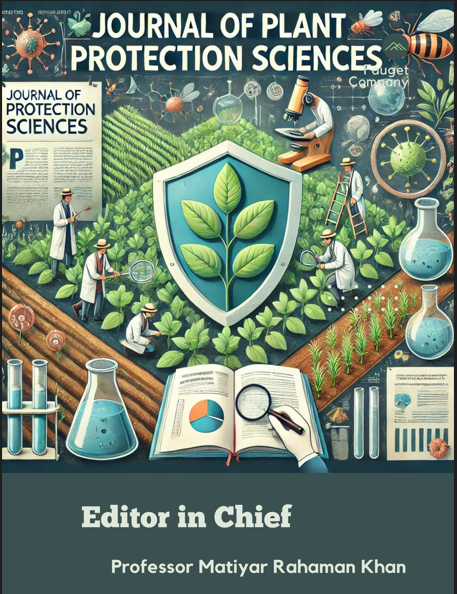Proteomics: an efficient tool to analyze nematode proteins
DOI:
https://doi.org/10.48165/Keywords:
bioinformatic, resulting, molecularAbstract
Soybean cyst nematode (Heterodera glycines, mixtures that are part of biological research on SCN) is the most destructive pathogen of varied fronts, from evolutionary investigations soybean (Glycine max (L.) Merr.), and is to cancer research. Recent advances in mass responsible for estimated annual yield losses of spectrometry, the establishment of various $457 to $819 million (2003-2005) in the United protein databases, and availability of high
References
Chen X, MacDonald MH, Garrett WM, Matthews BF, Natarajan SS. 2011. Nematropica, 41: 240-47.
Chen X, MacDonald MH, Khan F, Garrett WM, Matthews BF, Natarajan SS. 2011. Proteomics, 11: 4742-46.
Hurkman WJ, Tanaka CK. 1986. Plant Physiology, 81: 802-06.
Klink VP, Overall CC, Alkharouf NW, MacDonald MH, Matthews BF. 2007. Planta, 226: 1423-47.
Wrather JA, Koenning SR. 2006. Journal of Nematology, 38: 173-80.

